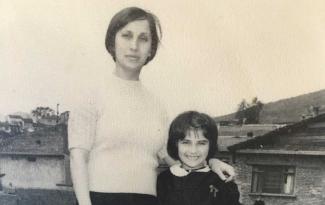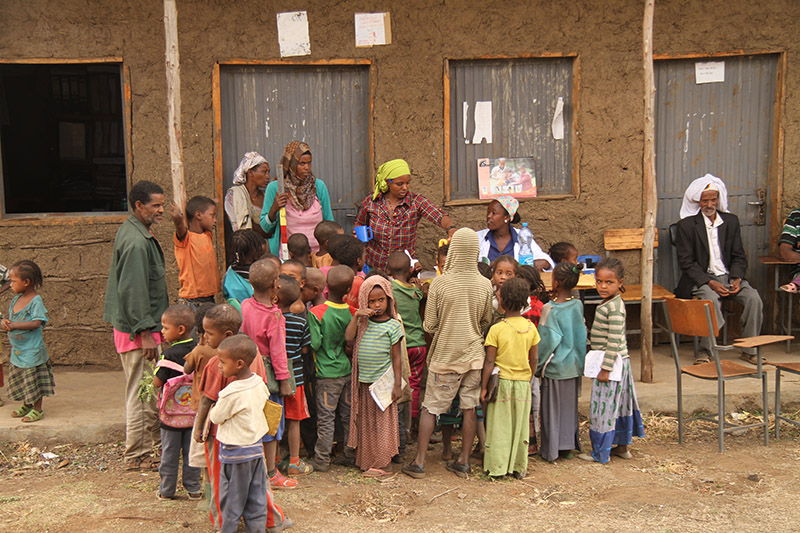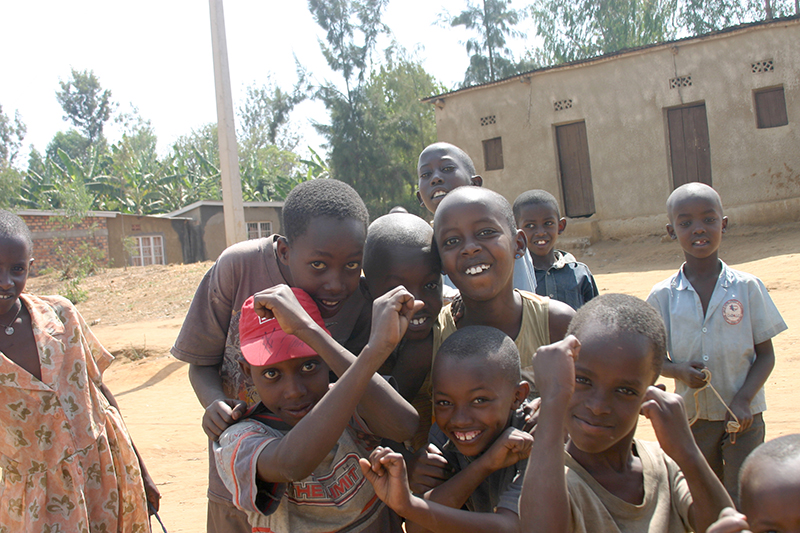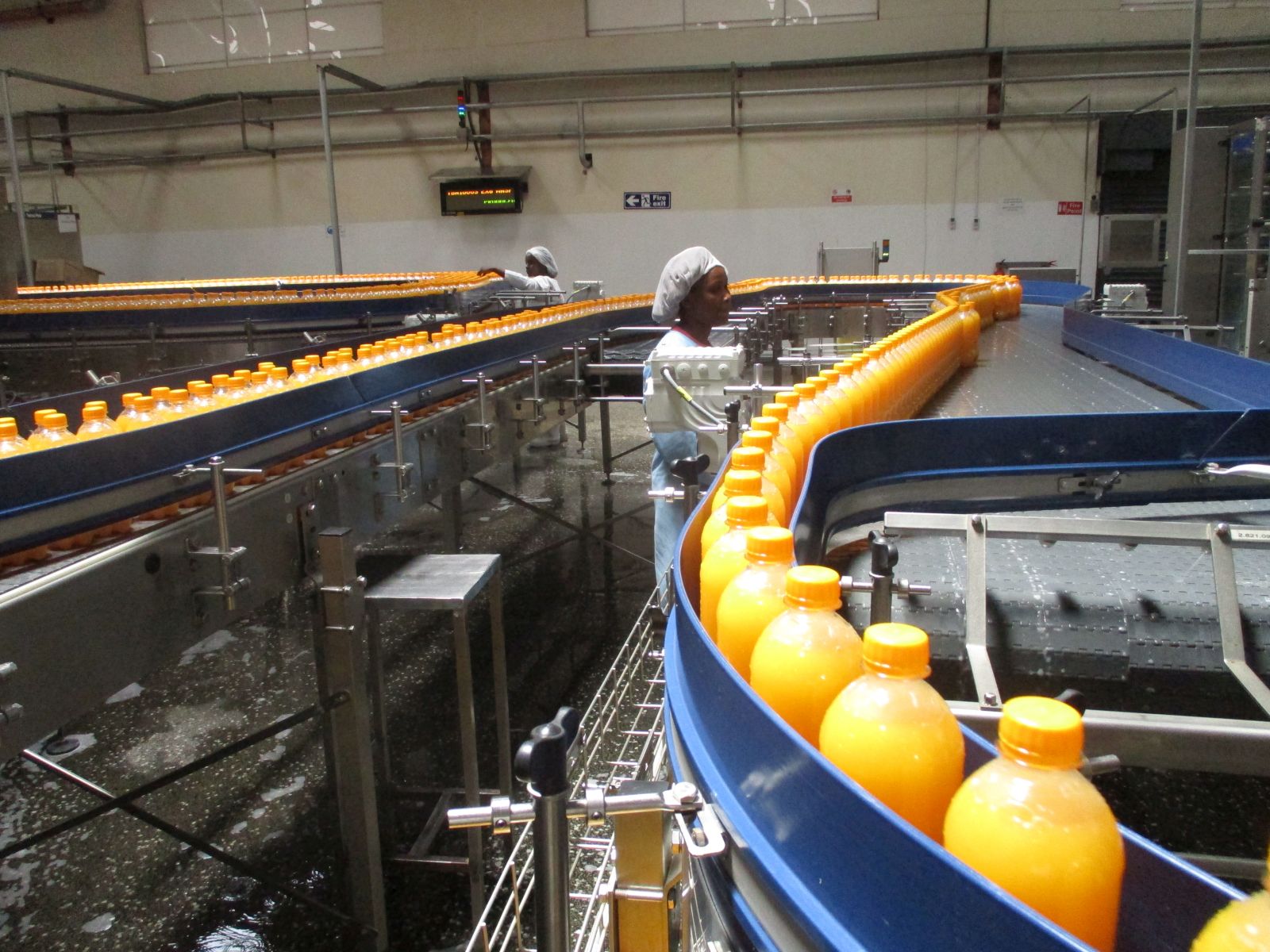Experience of racism
“I do not define myself as a victim”

It is actually a personal trip to Turkey, but my “professional deformation” does not allow me to switch off and simply be on vacation. Instead, I use every opportunity to chat with the locals. Regardless of whom I talk to, everyone complains, primarily about the cost of living, which increases daily. And sooner or later, almost everyone rails against Syrian refugees.
Supposedly they are receiving all kinds of financial support from the Turkish state, while needy Turks come away empty-handed. Many people in Turkey earnestly believe that the Syrian refugees are doing well financially. And in almost every conversation, I hear that they are “breeding like rabbits”. The high birth rate – allegedly six children per family – is all part of a strategy, people claim, and if this trend continues, in 20 years the majority of people in Turkey will be Syrian.
Unchecked hostility
Thus the “replacement” conspiracy theory exists in Turkey too, and it circulates more or less unchallenged. To support his statements, one of the people I talked to sent me a video in which a well-known Turkish journalist presented “facts” on refugees. No matter if people are well-educated or day labourers who never finished school, unfiltered racism pours from their mouths. I am stunned by the unchecked and unchallenged hostility I hear articulated in Turkey.
It is pointless to try to discuss why Syrian refugees are being held responsible for all the country’s problems, because everyone I have talked to here seems to need them to be a scapegoat. In this way, they avoid confronting the true cause of Turkey’s economic crisis: crony capitalism and the crumbling rule of law.
To be completely honest, I am very glad that I do not live in Turkey. And I am thankful to my mother, who, as a young woman and a mother of three, summoned the courage to come to Germany. Recruited by a chocolate factory, she made her way in 1972 to a country that she knew hardly anything about. She was not prepared to live and work in “Almanya”. And I was not prepared for her to go away.
I was seven years old, my sisters nine and twelve, when my father took my mother to the airport in Istanbul. My father followed my mother a few months later. My middle sister and I went to live with our grandparents in the village, my oldest sister went to boarding school. One year later, our parents sent for us.
Even after 50 years, I cry when I talk about the time my parents went to Germany and left us behind. Migration is a trauma that has accompanied me my entire life. And yet I very much like living in Germany. Because here I was able to become the person I am now.
I had opportunities, could choose the profession I wanted and discover preferences and talents. All of that would have been more difficult in Turkey, also because of my parents’ financial situation. Many people have supported me along the way, which is another reason why I feel like I belong to Germany. And this feeling is not something that someone else had to give me, and it cannot be taken away. I developed it on my own.
A lot of the current racism debate does not resonate with me. No, I do not feel excluded when I’m asked where I come from. If a colleague who I have spoken to many times on the phone does not immediately know who I am, I do not attribute it to my Turkish name. Thirty years ago or so, when I didn’t get a traineeship right away, I did not suspect that racism was the reason and tried again somewhere else. Eventually it worked, in part because I had the support of some of the “old white men” who are so often maligned nowadays.
More differentiation
Just so there are no misunderstandings: there is racism and discrimination against minorities in Germany. People are excluded based on their appearance, religion or other attributes. Unfortunately they also experience violence, which sometimes turns deadly. I live in Hanau, not far from the place where, on 19 February 2020, a right-wing extremist murdered nine people out of hatred for non-Germans. I experienced the aftermath of the massacre first-hand.
But there is too little differentiation, and racist motives are alleged more quickly than I think is sensible. For me, there is a difference between a dark-skinned person being spit on and kicked and a person being asked if they are taking a vacation in their “homeland” because someone has assumed, on the basis of their appearance, that they do not come from Germany.
I know how deeply painful it is to be excluded and to feel powerless. I remember very well what it was like when, in elementary school, I didn’t speak enough German to explain to the teachers that I was curious and just wanted to look at something in a classmate’s bag, not steal anything, like I was accused of. I also remember what it was like when a classmate called me an ethnic slur in class, and the teacher didn’t do anything. But I also remember how I stood up, smacked the boy and sat back down.
Individual life stories
I did not put up with discrimination. My mother taught me to defend myself. Things were not always easy for me, and that makes me even more pleased with what I have accomplished. For over 25 years I have worked to oppose exclusion and discrimination, which is another reason why it doesn’t occur to me to define myself as a victim. If I did, I would just be belittling myself or reducing myself to my vulnerabilities. But that is exactly what some members of the post-migrant groups who set the terms of the racism debate are doing. If you believe them, Germany is racist through and through and built on structural racism. According to their logic, the “whites” are the perpetrators and the “blacks” – which sometimes refers to skin colour and sometimes is used politically as a synonym for minorities – are the victims.
Splitting the world into black and white does not correspond to my idea of humanity. No one is only a perpetrator or a victim, and people from minority groups are not necessarily disadvantaged or better than others. And not all “whites” are privileged. Those who insist otherwise are completely disregarding individual life stories and ignoring the fact that – to stick with anti-racism terminology – “white” people also feel that they have been left behind socially, culturally and economically, which they have been. Being warm-hearted and having a conscience have nothing to do with status and certainly not skin colour. Denying that supposedly privileged people have these qualities hampers the entire effort to create a more just society.
And everyone’s goal ought to be for each of us to be able to live freely here and not be judged by our name, skin colour or background; for everyone to have equal opportunities and be treated fairly. Unfortunately we are still far from achieving that aim. But do you gain allies by offending people? I have seen in both my private and professional life that criticism and general accusations of racism lead some people to feel guilty and sympathetic, while others get defensive and turn a deaf ear. For that reason as well, I am for weighing the pros and cons and for dealing thoughtfully with one another. Missteps should be remedied with care. The fact that dark-skinned people or women in headscarves are featured on every advertising poster and in every company brochure is too obvious and trite for me.
Living in a diverse society
Instead of going from one extreme to another, we should look for what connects us. According to neuroscience, experiencing cultural events together creates a sense of belonging and interpersonal connection. In my opinion, the identity marker “racist experience” is of limited use as social glue. But how can we help young people not define themselves by their experiences with discrimination?
Schools can strengthen their sense of belonging. In order to achieve that, we need more and better trained teachers and social workers, and more time for discussion with young people and for creating and experiencing shared cultural events with them. Schools should not just impart knowledge, but teach social skills more than they have in the past. They should show how to solve conflicts and communicate without violence. Living in a more diverse society is something that has to be learned and practised.
Canan Topçu is a freelance journalist, lecturer and author. She published the book “Nicht mein Antirassismus: Warum wir einander zuhören sollten, statt uns gegenseitig den Mund zu verbieten. Eine Ermutigung” (only in German – “Not my anti-racism: Why we should listen to each other instead of trying to silence each other. An encouragement”) with Quadriga in 2021.
c.topcu@schreibenundsprechen.eu











